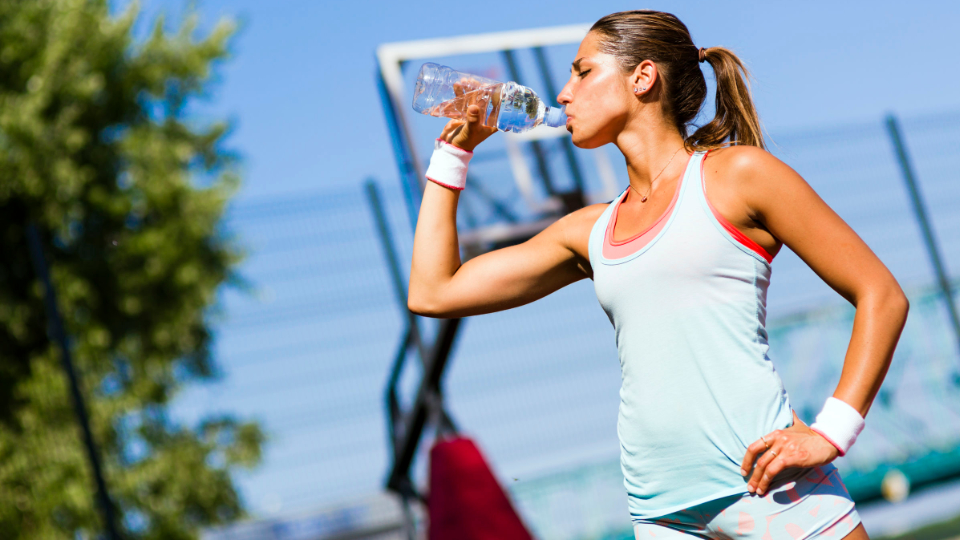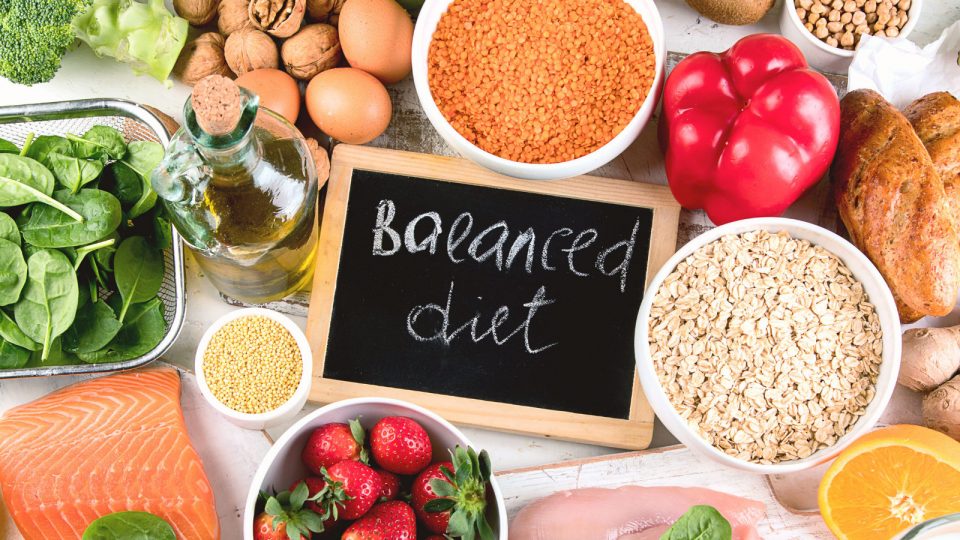If you are new to running, it’s important to know that food is your fuel to sustain your level of performance and promote proper recovery to your body after training. It is vital to incorporate nutritious food in your daily diet to avoid the risk of injury and low level of performance.
Now, changing your diet might sound overwhelming, these easy steps can help you. Now, changing your diet might sound overwhelming, but these easy steps can help you transition to healthy eating without over-complicating it. Here are the simple rules and steps for beginner runners on how to properly fuel yourself before and after running.
Stay hydrated

Keeping yourself hydrated is important and not just when you are exercising. Fluids help regulate your body temperature and move waste from your body. But what is the best tip to stay hydrated during your run? The answer is: Drink when you are thirsty.
Not just that, proper hydration can help control cravings, which is important because sometimes, a runner might easily mistake thirst for hunger. The recommended total daily fluid intake of 3,000 ml for men and 2,200 ml for women is more than adequate.
However, do not gulp down bottles of water before a run, thinking it will prevent you from getting thirsty. Instead, you might find yourself going to the toilet often, which will affect your running performances. Drinking excessive amounts of water will not prevent you from cramping or prevent heat-related illnesses.
Don’t Starve
Food is meant for fuel and pleasure. It should taste good and nutritious as well. Even if you are trying to lose weight, do not restrict your food intake. If you consume a low calorie diet, it will affect your running performance. In addition, it will also affect your metabolism and hormones that regulate hunger and send your body into starvation mode.
As a result, you will lose your muscle mass, which is essential for keeping your body strong. The role of muscle mass is to boost your metabolism, so if you over-restrict your food or calorie intake, it actually could impair your weight loss.
To cut a long story short, calories are not your enemy. They are just a unit of energy that every cell in your body needs to function properly. If you are trying to lose weight, you need to remember that moderation in dietary and exercise is the key for a healthy weight loss.
Don’t eliminate the food pyramid

Eating right can help you to boost your energy during your run. Therefore, a balanced diet is needed for runners, and beginner runners should include essentials, such as carbohydrates, protein, vitamins, etc.
Carbohydrates
A low-carb diet might be the wrong approach for your runner’s diet. For most runners, carbs should make up about 60 to 65 percent of your total calorie intake.
Now, why do you need that many carbohydrates? Well, our bodies work more efficiently with carbs than protein or fats, as carbs can provide you with immediate energy while you are running. That is why sports drinks or pre-packaged fuels, such as gels, are full of easy-to-digest carbohydrates, mostly sugar.
For your carb choices, you can choose to opt for whole grain foods, which are less processed because they retain more natural nutrients. Also, whole grains contain fibre, which can help you feel fuller longer. Here are the examples of carbs to include in your diet:
- Fruit
- Sweet Potatoes
- Starchy vegetables
- Steamed or boiled rice
- Whole grain bread
- Whole grain pasta
Protein
Protein is a muscle builder and tissue repairer for runners, as it can help your body to build muscle back to keep you moving forward. It can ease soreness, speed up your recovery, and help repair the muscles that are torn during running. Not just that, but protein also helps fight infection, balance body fluids, and carry oxygen through your body.
These are the foods you might be able to find in your cabinet or refrigerator:
- Fish
- Chicken
- Beef
- Beans
- Pork
- Dairy products
- Eggs
- Quinoa
- Protein powder
Fat
Before you avoid fats completely, you should know that fats are not your enemy in your diet. Instead, you need them for your long running distances. Fats can act as a backup source of fuel when you are depleted of carbs.
For example:
- Avocado
- Cheese
- Dark Chocolate
- Nuts
- Extra Virgin Olive Oil
- Coconut Oil
- Full Fat Yoghurt
Timing
It is important to time wisely and not consume bigger meals before running, as you do not want to upset your stomach during your run. In general, you will want to eat smaller meals at least 30 minutes and let your food digest before you go for a run.
After your run, within 20 minutes, you can restore your energy by having a protein-rich snack to repair muscle tissue and carbohydrates. This will help your recovery process, and you’ll bounce back quickly for your next workout.
Recovery

Sleep
Having a good night’s sleep is crucial for your recovery process. You need to have a consistent 8 hours of sleep for muscle recovery to restore and repair your muscle. Also, to ensure not to have sleep difficulties at night, it is best to avoid caffeine and excessive fluid intake.
Massage
Getting a massage can help reduce excessive post-exercise muscle tone. It also helps to increase muscle range of motion and circulation to damaged tissue and deactivate symptomatic trigger points, reduce post-exercise soreness and delay onset muscle soreness (DOMS). If not, you can opt for a warm bath or shower to enhance muscle relaxation.
So, take your time to plan and figure out which works best for your diet to ensure your running journey is enjoyable.
How I can eat better for beginners?
Do not eliminate your food pyramid and eat right, so that it can help you to boost your energy and sustain your level of performance during your run.
What should a beginner runner eat?
Beginner runners should eat a balanced diet and incorporate foods such as carbohydrates, protein, vitamins, fats and etc.
Can beginner runner eat something before running?
Yes, runner can eat smaller meals at least 30 minutes and let your food digest before you go for a run. But, do not consume bigger meals before running, as you do not want to upset your stomach during your run.
How much water should a beginner runner drink?
The recommended total daily fluid intake for men is 3,000 ml and 2,200 ml for women is more than adequate. But, do not gulp down bottles of water before a run and instead drink when you are thirsty during your run.





